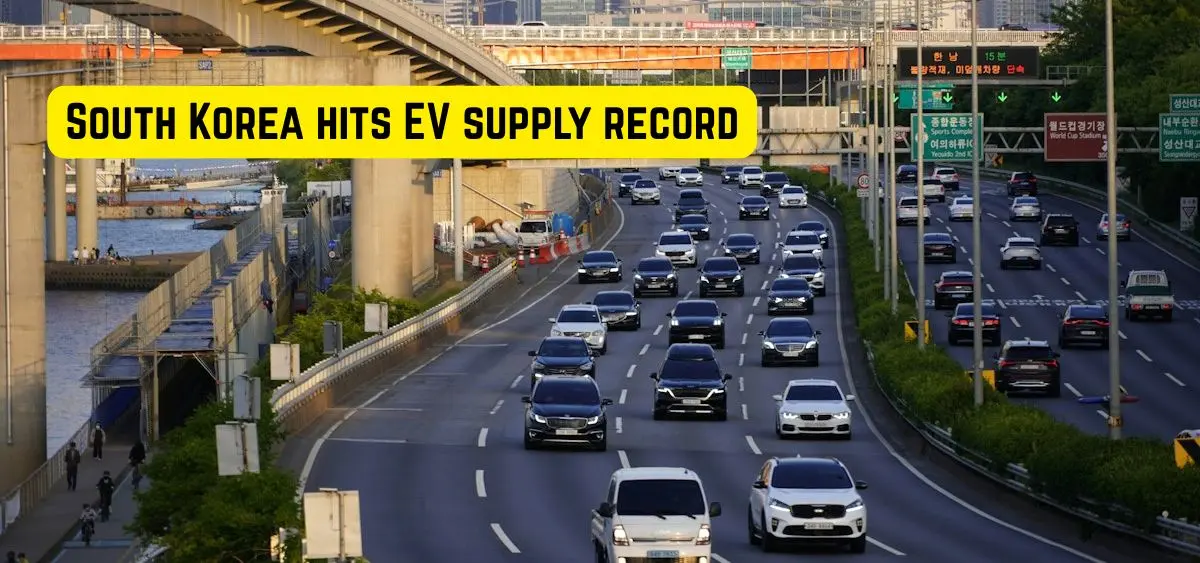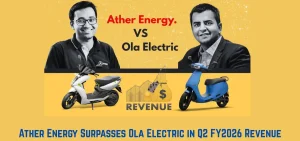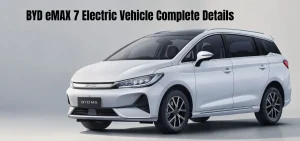As South Korea hits EV supply record, the nation is signaling a dramatic shift in its race toward cleaner mobility. Crossing the 200,000 EV mark for the first time in 2025, this milestone is more than just a number—it’s a glimpse into a rapidly transforming transport landscape. With bold policies, expanding charging networks, and an influx of advanced EV models, South Korea is rewriting the rules of decarbonisation. But what’s truly driving this explosive growth? Let’s dive in.
Record-Breaking EV Supply in 2025
As of November 13, 2025, South Korea’s EV supply reached 201,000 units, nearly doubling the volume recorded in 2021. The breakdown shows a diverse and growing electric fleet:
- 172,000 passenger EVs
- 26,000 electric trucks
- 2,400 electric buses and vans
This achievement also boosted EV penetration in the automotive market, with EVs accounting for 18–20% of new car sales by mid-2025 — a clear indication that electric mobility is becoming mainstream.
Aligned with National Decarbonisation Goals
This momentum directly supports South Korea’s ambitious climate targets. The government has approved a 2035 greenhouse gas reduction plan, aiming for a 60.2–62.8% cut in transport emissions from 2018 levels. To meet these goals, South Korea plans for EVs and hydrogen vehicles to make up over 40% of new car sales by 2030 and more than 70% by 2035.
The sharp rise in EV adoption is not just a market trend, but a strategic national move to decarbonise the transport sector more rapidly.

Why EV Uptake is Surging?
The Ministry of Climate, Energy, and Environment highlights several driving forces behind this record growth:
- Subsidies & Incentives: Earlier rollout of subsidy guidelines helped buyers access national purchase incentives and tax benefits sooner. Additional top-ups are provided for groups like young first-time buyers, making EVs more accessible.
- Charging Infrastructure Boom: South Korea’s charging network has expanded at an unprecedented pace. Fast chargers increased from 10,000 in 2020 to 52,000 in 2025, while slow chargers skyrocketed from 54,000 to 420,000 — removing key barriers to EV adoption.
- New and Better Models: Automakers continue to introduce EVs with longer ranges and faster charging, making electric vehicles more practical for everyday use.
Domestic Manufacturers Lead the Charge
Local brands like Hyundai and Kia dominate the market, contributing the majority of passenger EVs, electric trucks, and electric buses/vans supplied this year. Their strong presence, combined with technology advancements, has cemented South Korea’s position as a global EV leader.
A Greener Future Ahead
Looking forward, the combined stock of EVs and hydrogen vehicles is projected to surpass 1 million units early next year. With continued policy backing and rapid infrastructure expansion, South Korea is firmly on track to transform its transport landscape and accelerate its shift toward a low-carbon future.
Related Articles:-





